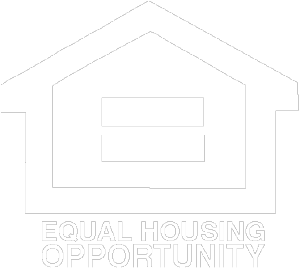managing home.
tending to community.
LISA’S SOCIAL JUSTICE LEADERSHIP EXTENDS TO HER COMMUNITY WORK AND THOUGHT LEADERSHIP.
about lisa wise
lisa is the Founder + Chief Strategist, a family of real estate management companies that oversee two billion dollars in property in Washington, DC proper. Flock is a purpose-driven, values-based company that offers a new model for business in a world that will increasingly depend on companies to contribute to stronger and more sustainable communities.
lisa's leadership is defined by vulnerability, humility, and a fierce passion for justice for all people. With the country suffering the impact of a global pandemic, an economic crisis and racial inequality, and a climate crisis unevenly impacting underserved communities, Lisa is stepping up at this moment with bold and unapologetic leadership, personal sacrifices, and a commitment to caring for her team members, her community, and her family.
lisa wise’s work is anchored in building stronger communities, fighting for social justice, and creating forward-thinking, purpose-driven businesses.
SELF-ELECTED
self-elected is a story of abundance.
part memoir, part business guide, and part manifesto.
it invites the reader to explore the convergence of social justice and profit.

order online.
buy in person.
listen on audible.
© In this Together 2024.













